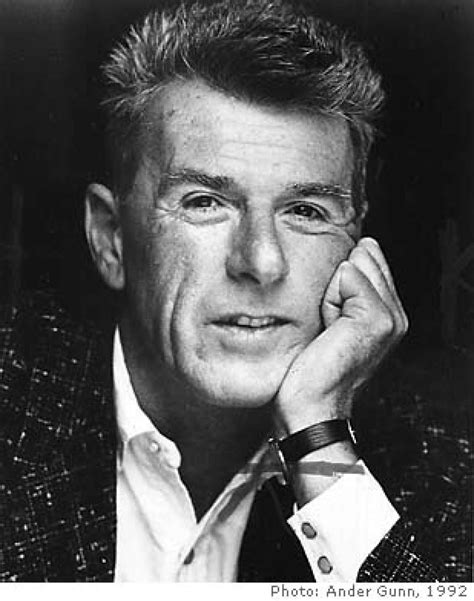A Quote by Amy Lowell
Only those of our poets who kept solidly to the Shakespearean tradition achieved any measure of success. But Keats was the last great exponent of that tradition, and we all know how thin, how lacking in charm, the copies of Keats have become.
Related Quotes
We may be thankful that frightened civil authorities ... have not managed to eradicate from the country the tradition of the possession and use of firearms, that profound and almost instinctive tradition of Americans. Luckily for us, our tradition of bearing arms has not gone from the country, the tradition is so deep and so dear to us that it is one of the most treasured parts of the Bill of Rights - the right of all Americans to bear arms, with the implication that they will know how to use them.
I believe strongly in what John Keats called negative capability: the trait or practice that allows a poet to remain in uncertainties, mysteries, doubts, without any irritable reaching after fact & reason. For Keats, William Shakespeare exemplified negative capability, and I do think it's extraordinary that for all the thousands of pages Shakespeare left behind, we really don't know much about Shakespeare's own personality or opinions.
There's no artist in this world that doesn't enjoy the dream that if they have bad reviews now, the story of Keats can redeem them, in their fantasy or imagination, in the future. I think Keats' poem 'Endymion' is a really difficult poem, and I'm not surprised that a lot of people pulled it apart in a way.
Tradition is only democracy extended through time; it may be defined as an extension of the franchise. Tradition means giving votes to the most obscure of all classes, our ancestors. It is the democracy of the dead. Tradition refuses to submit to the small and arrogant oligarchy of those who are merely walking about. All democrats object to men being disqualified by accident of birth; tradition objects to their being disqualified by accident of death. Democracy tells us not to neglect a good man's opinion, even if he is our father.
What is literary tradition? What is a classic? What is a canonical view of tradition? How are canons of accepted classics formed,and how are they unformed? I think that all these quite traditional questions can take one simplistic but still dialectical question as their summing up: do we choose tradition or does it choose us, and why is it necessary that a choosing take place, or a being chosen? What happens if one tries to write, or to teach, or to think, or even to read without the sense of a tradition? Why, nothing at all happens, just nothing.
Those who feel guilty contemplating "betraying" the tradition they love by acknowledging their disapproval of elements within it should reflect on the fact that the very tradition to which they are so loyal—the "eternal" tradition introduced to them in their youth—is in fact the evolved product of many adjustments firmly but delicately made by earlier lovers of the same tradition.





































